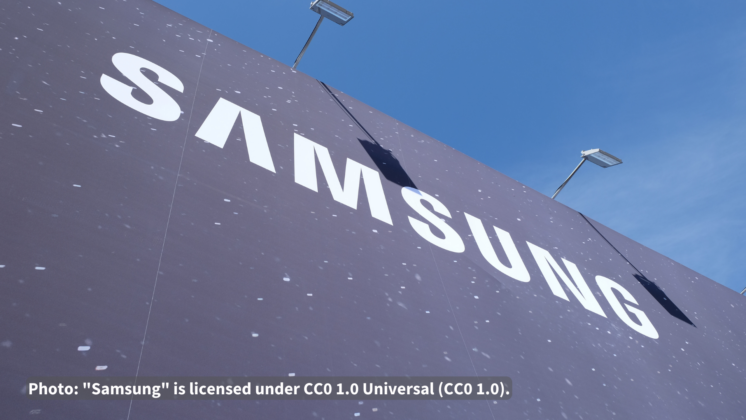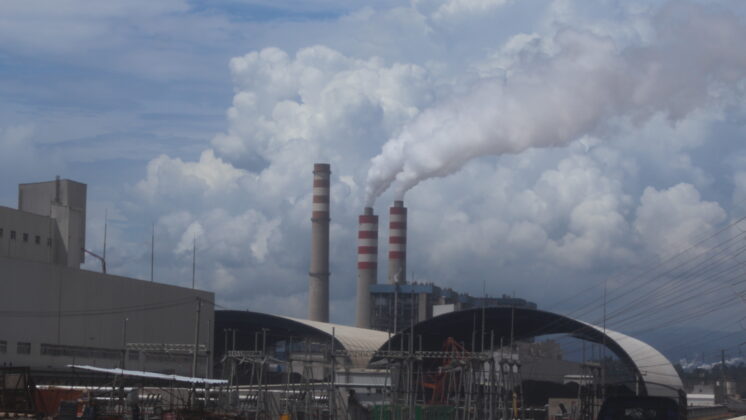makeITfair reveals: Electronics brands do nothing to improve conditions related to the metals they use
Metal prices are booming, but many of the mine workers in African countries have not noticed this, as revealed in a recent survey conducted by the makeITfair network. Wages commonly do not cover basic needs, especially among the industry’s growing numbers of subcontracted workers. Emissions and discharges are destroying the environment for generations to come. Death and injury rates are notoriously high.
A new report from one of makeITfair’s Swedish partners, SwedWatch, shows that about a quarter of the world’s cobalt goes into products such as mobile phones, laptops, camcorders, digital cameras, MP3 players and electronic games. More than half of the world’s cobalt comes from Zambia and the DRC, where local communities complain about severe pollution causing health problems and loss of livelihoods. Eighty people suffered fatal accidents in the mines of Zambia in 2005 alone. In the DRC about one third of all people working in the mining industry are estimated to be children and adolescents. Some of them are as young as seven years old.
Sara Nordbrand at SwedWatch says: “They live a very risky and unhealthy life, working without protective gear, inhaling mineral dust that might damage their lungs and irritate their eyes.”
Anglo Platinum, the world’s largest platinum company, mines its platinum and palladium for computer hard drives, mobile phones and flatscreen TVs in South Africa. In order to make way for platinum mining operations, this company is forcing 17,000 local inhabitants to leave their ancestral lands, without proper compensation, reveals the Dutch organisation SOMO in its report.
Esther de Haan from the Dutch organisation SOMO says: “Forty per cent of the miners we met during our research are contracted labourers who have few rights and earn substantially less than other workers. They often perform the most dangerous tasks with very little safety training.”
Currently, none of the market leading electronics companies are dealing with these risks, even though metals play an essential role in their electronic gadgets. makeITfair is calling on consumer electronics companies to play their part by taking responsibility for human rights and labour abuses in their supply chain.
“Even though the consumer electronics industry is a significant consumer of many metals, and many of these metals are extracted in high-risk countries such as China, Russia and various African states, the industry does not address the problems. So far they have not tried to investigate where their metals come from. We urge them to do this and to start to make IT fair for people everywhere,” says Esther de Haan from SOMO.











